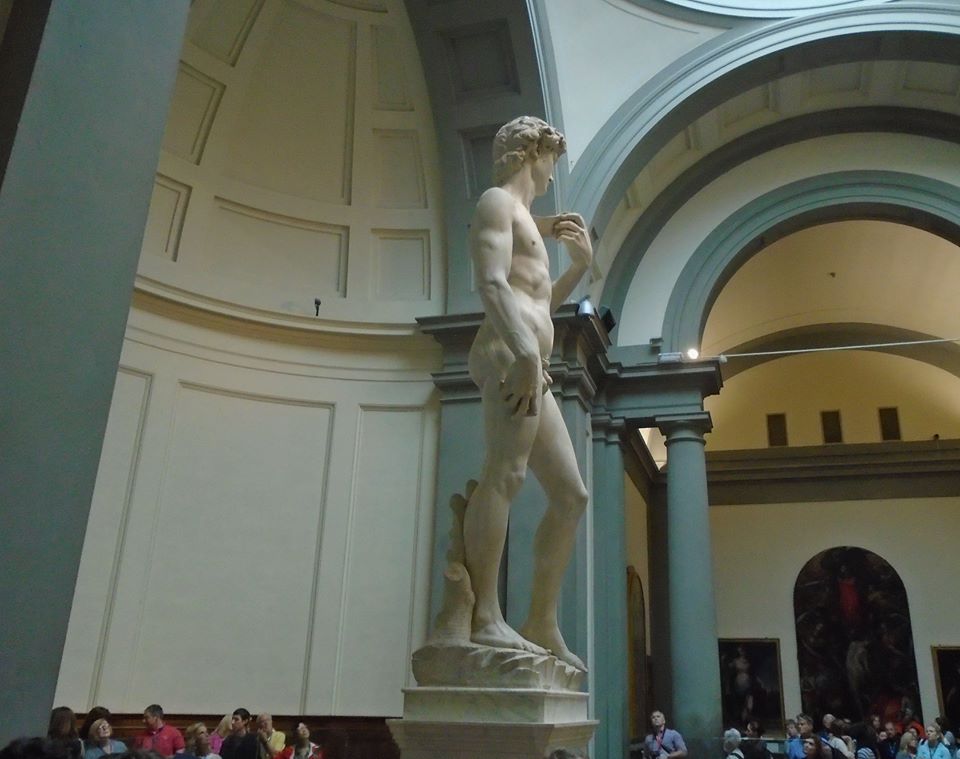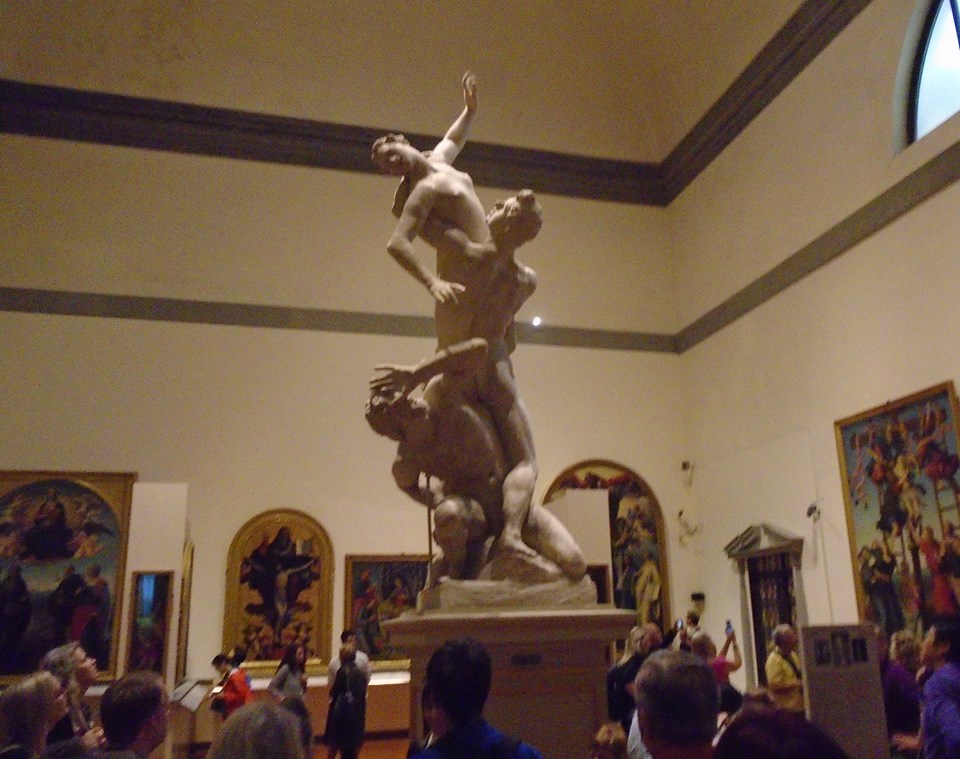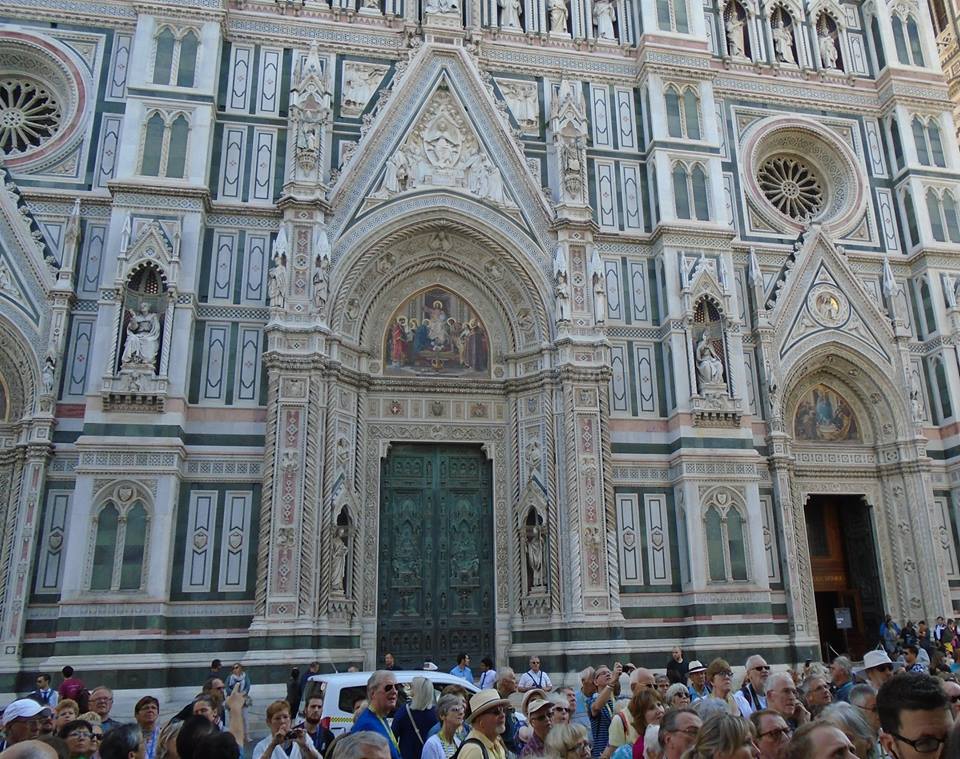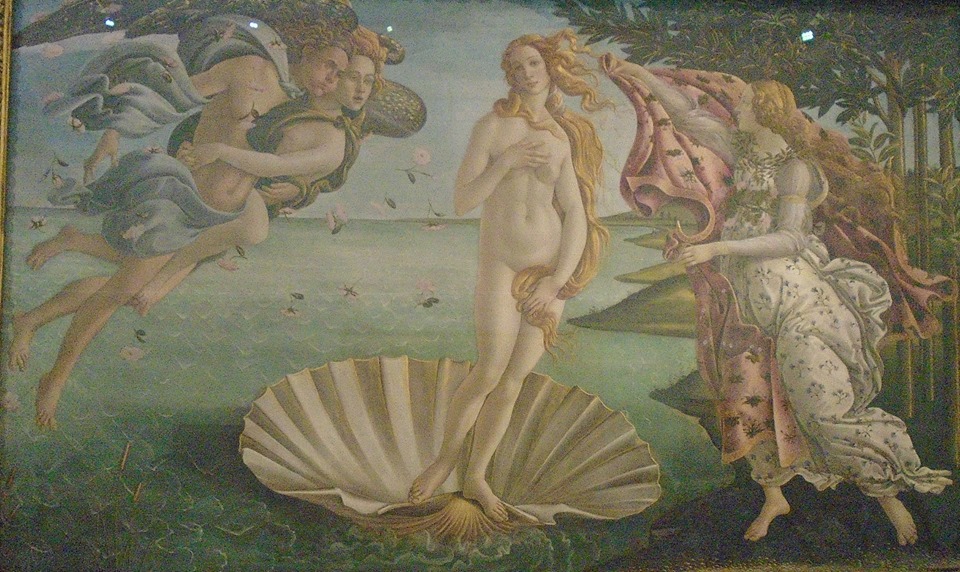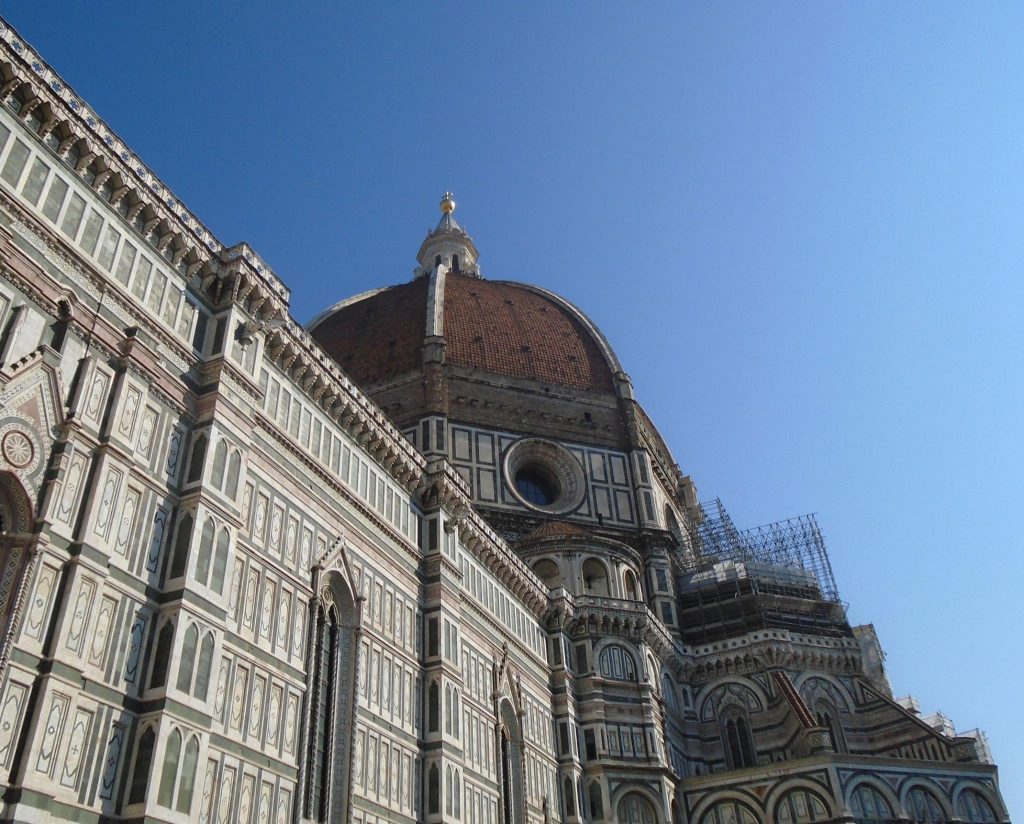We can identify clusters of innovation and genius. Scientists, politicians and business leaders have been trying to figure out the secret to creating them, but it is harder to make them than to see them. A question that I think is important is whether or not most people know that a genius cluster is flowering when it is doing so.
There is a lot of interpretation involved, but when people make lists, they usually include 5th Century BC Greece, Elizabethan England, Vienna in the early 20th Century & Silicon Valley more recently. And Renaissance Florence is always on the list.
Florence was a multi-faceted genius cluster, including arts, sciences, literature and engineering. We really don’t know the sparks that set off a genus cluster, but we can point to a few things that are necessary, if not sufficient.
You need money
A first precondition is wealth. There must be sufficient wealth to support the innovators, who rarely are paying their own way in the present while they are building the connections to the future. In Florence’s case, they had the wealth of the Medici and their rivals.
You need the competition
Rivals. That is a second precondition. There has to be a competition among ideas and among innovators. We are not talking about the zero sum, destructive sort of competition but rather the sort where rivals want to excel each other. They promiscuously steal ideas and appropriate techniques, which brings us to a third precondition, a community of innovators.
You need the community
The community provides a medium for the growth of ideas and the testing place for innovation. If you look at the famous artists of Renaissance Florence, you find that they often studied together or had the same masters. They could copy and then vary the themes.
You need the rules AND the capacity to break them
Variation. Variation is important for innovation but so are rules to break. W/o some framework, rules to rebel against, innovation can just spin off into nothingness. IMO, it is like lots of the crap that passes for modern art. It is produced only for the individual gratification of the artists. The word idiot comes from an ancient Greek source. It referred to self-centered individuals who valued only their own stuff. If you are the only person who understands you, you are an idiot in the original sense. Sorry for the digression, but it was easier to describe the negative.
Florence had all these things and it had good luck to have so many talents nearby. It was part of a general renaissance in Italy. Italy also benefited from the misfortune of others. Talented individuals moved from other parts of Italy to Florence and in 1453, the Byzantine Empire fell to the Turks.
Looking back to look forward
The renaissance was a rebirth of ancient traditions. Constantinople was the capital of the Eastern Roman Empire. The ancient empire did not fall in the East and the classics were still known there. We often forget this. But when the Turks carved up what was left of the Roman Empire, texts and scholars fled west, many ending up in Italy to the benefit of the Italians and Florentines.
I thing of genius is an inspiration forever
Anyway, Florence is great and still an inspiration. We visited the main attractions, including the Academia, which houses many great sculptures, including Michelangelo’s David. We also went to Uffiza, the gallery the features mostly great paintings by Giotto, Boccaccio, Leonardo, Raphael, Donatello & one (the only one he ever did on a movable piece) by Michelangelo. (The last four, BTW, are not just ninja turtles.)
The Duomo is very impressive,but more on the outside than on the inside and more for the engineering of the dome.

